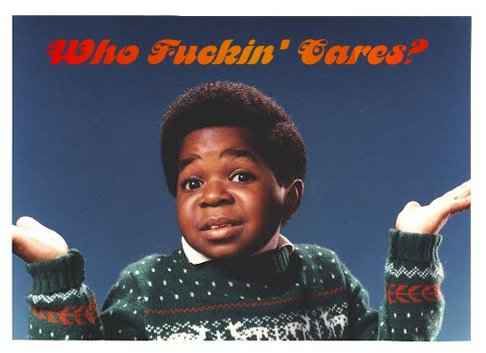

Originally Posted by
Shelby07

The analogy doesn't hold. If you flip a coin twice you have a chance of getting 2 heads because after you get the first one the heads are back in play. In the situation where you draw 2 balls out of a bucket, the first ball is not in play after it is drawn. So 2 draws will always yield one of each ball.
In the case of 2 balls in the bucket you have a 2 in 2 chance of winning. In the case of the coin being flipped twice you always have a 1 in 2 chance of getting heads no matter how many times you flip the coin. Now if you're saying that they will draw 5 times (or any number of times for that matter) from a bucket containing 1000 balls and they will throw the winning ball back in the bucket after each draw, then you never have better than 1 in 1000 chance of winning.
That would only hold true if they would let a ball win as many times as it is drawn. If a single ball can't win more than once, it is effectively not part of the exercise.
Also, odds of 1 in 200 (the simple laymans calculation) is correct from their perspective before the contest if there will be five winners out of 1000. Odds and probability are only true from a single given perspective at a specific time before other events have occurred. As soon as an altering event occurs, more information is available and the odds and probability change for the remainder of the event.
Your odds of being one of the 5 winners before the contest is 5/1000 simplified to 1/200.
Your odds of being the first drawn winner is 1/1000
After this event, you odds of being one of the remaining 4 winners is 4/999 simplified to 1/249.75
Your odds of being the second drawn are 1/999.
So on and so forth.
Your odds after this
"some people are like slinkies, they're not really good for anything but they can bring a smile to your face when you push them down a flight of stairs." –Unknown
"He did for bullshit what Stonehenge did for rocks." -Cecil Adams




 Reply With Quote
Reply With Quote












Bookmarks